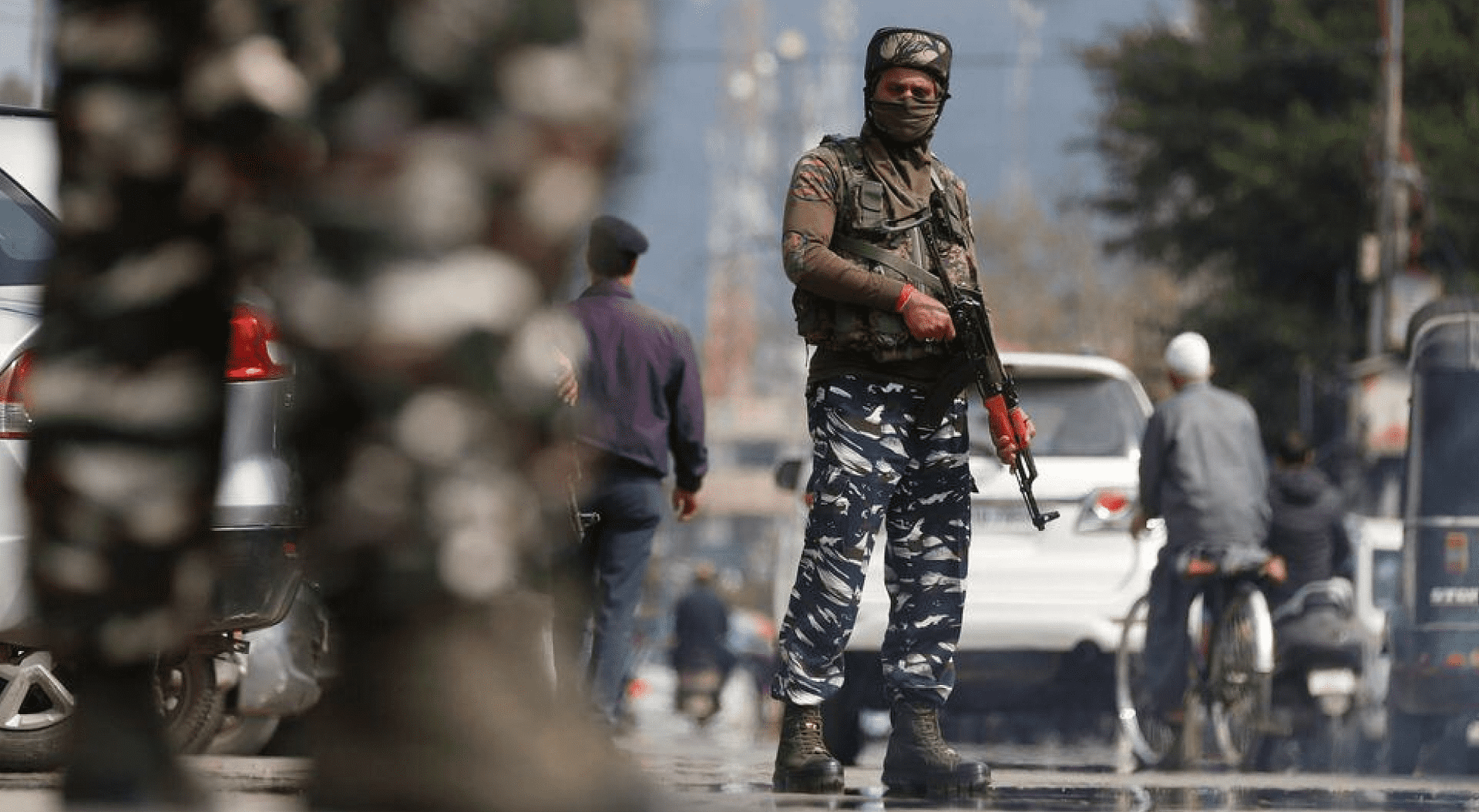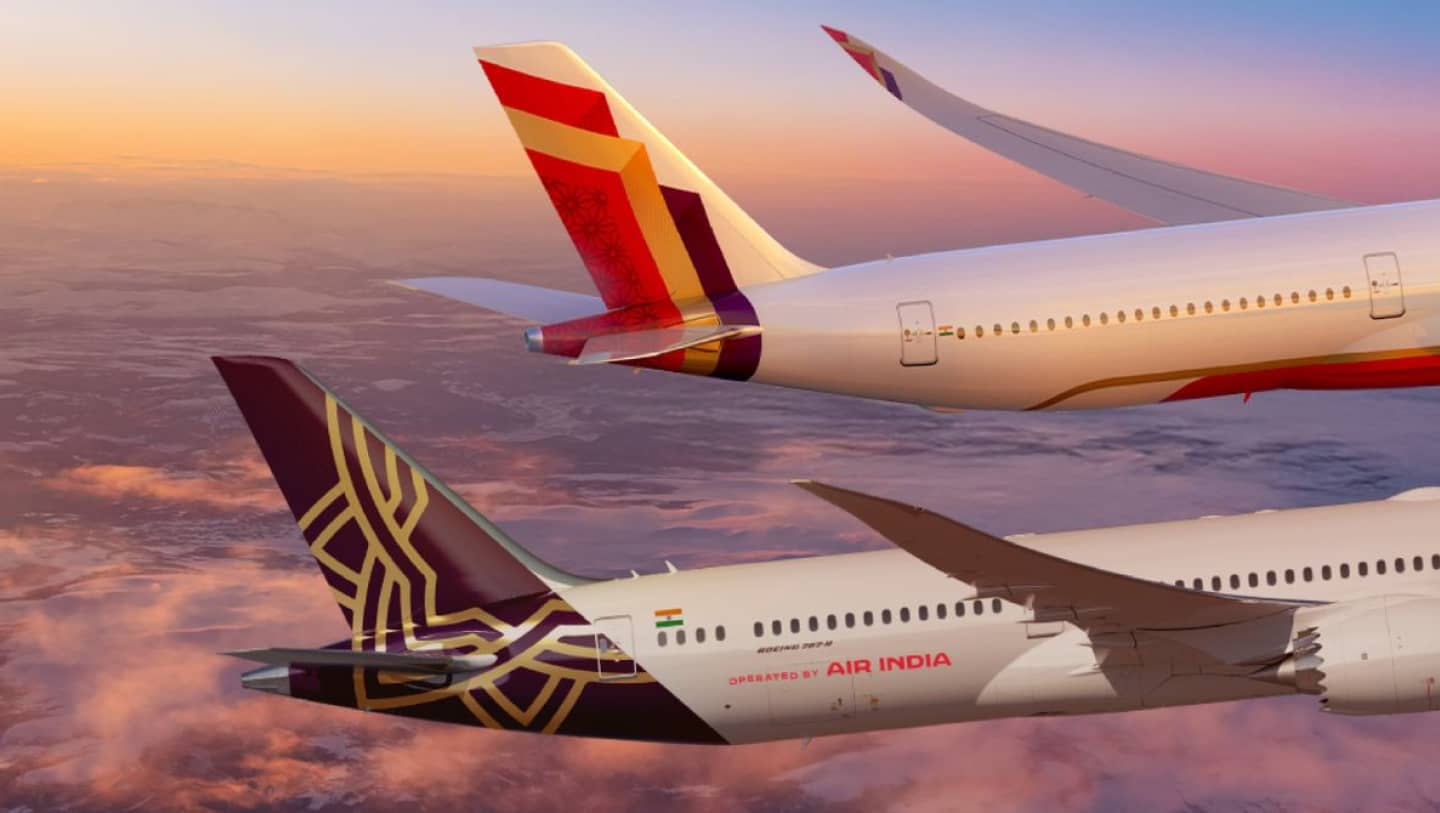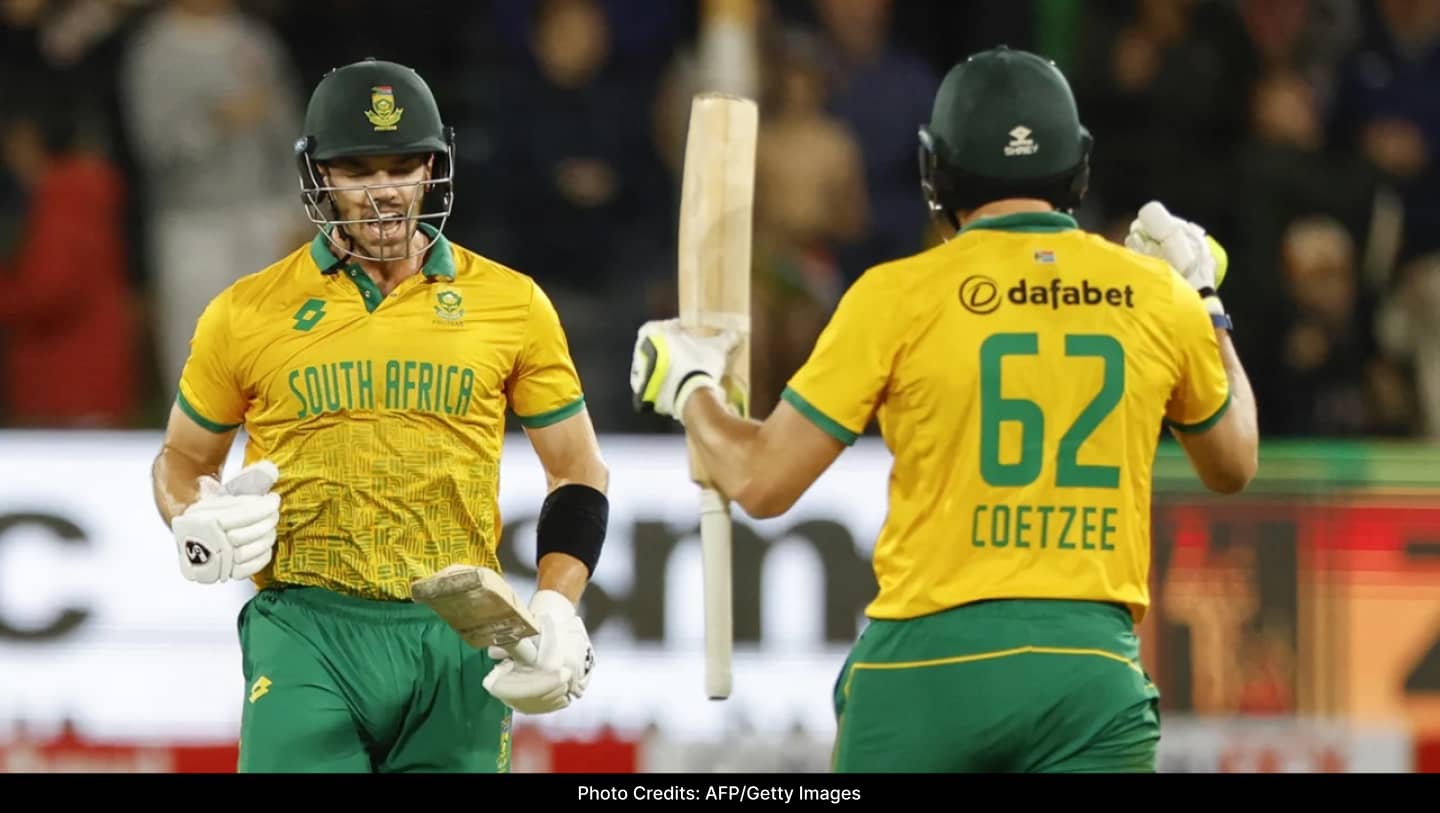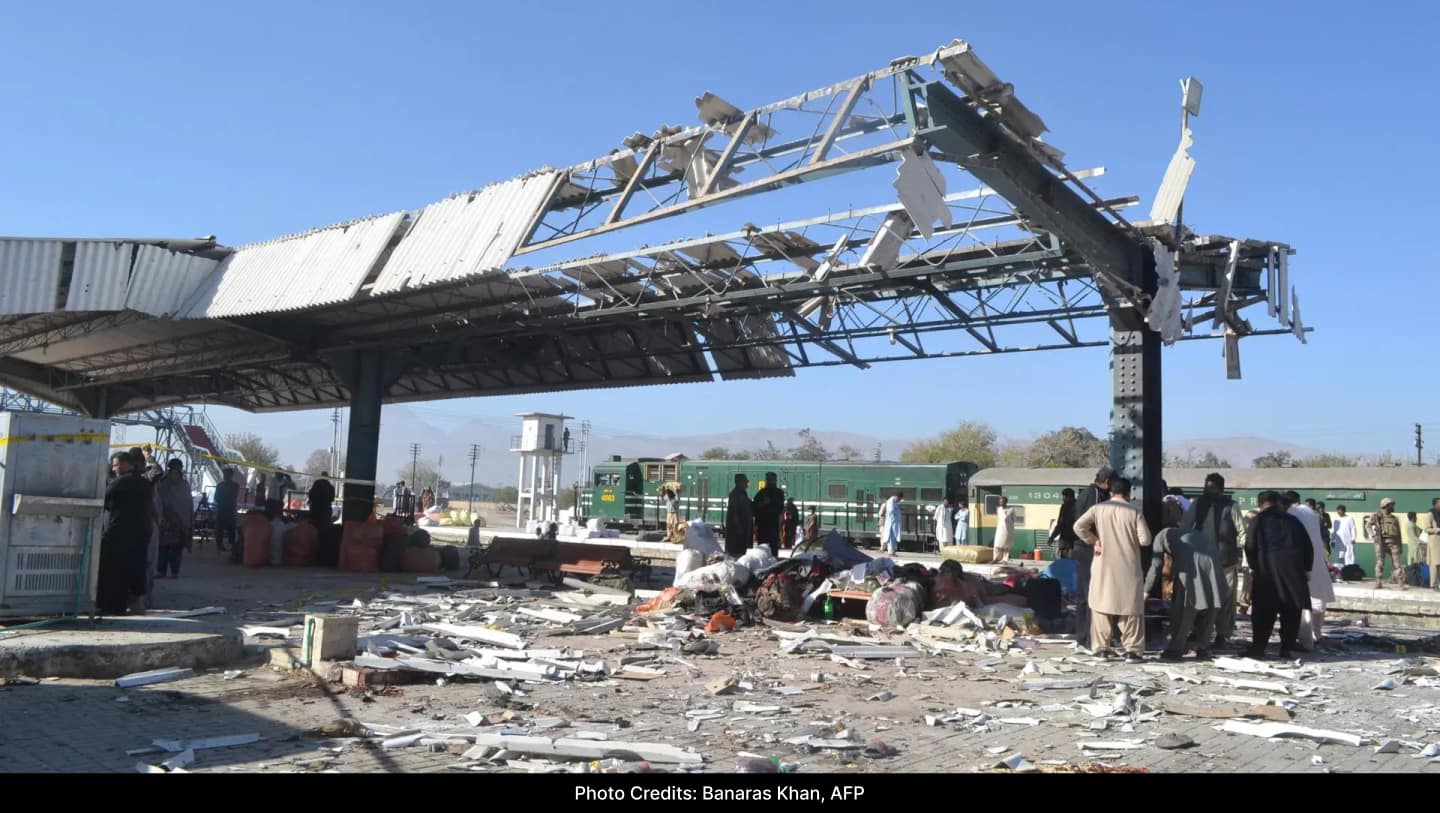In a major setback for Kashmiri political groups, India’s Supreme Court has upheld a 2019 decision by Prime Minister Narendra Modi’s government to revoke special status for Indian-administered Kashmir, which gave it a degree of autonomy.
The disputed Himalayan region is fully claimed, although it has been partially controlled by both India and Pakistan since their independence from Britain in 1947. The nuclear-armed neighbors have fought three of the four wars over it since then.
Court hearings began in August following a petition filed by Kashmiri individuals and groups.
The verdict is a major boost for the ruling Hindu nationalist Bharatiya Janata Party (BJP) ahead of general elections due in May. The BJP’s 2019 decision was a campaign promise to end Article 370, which granted special status to the disputed Himalayan region.
What does Monday’s verdict say?
In its ruling, the Supreme Court said Jammu and Kashmir should be restored to the same statehood as any other Indian state – without separate rights to autonomy – “at the earliest and at the earliest.”
A five-judge constitutional bench of the Supreme Court ruled that the region’s special status was a “temporary provision” and its removal in 2019 was constitutionally valid.
“Article 370 was an interim arrangement due to wartime conditions in the state,” said Chief Justice DY Chandrachud, referring to a provision in the Indian constitution that granted special status after Muslim-majority Kashmir’s Hindu ruler signed an agreement to join India in 1947. .
Pakistan claims Kashmir as its own territory, saying the Muslim-majority region was to be part of the new state of Pakistan, which was created in 1947 when British colonial rule ended with the partition of the Indian subcontinent.
The First Kashmir War broke out soon after partition and ended in 1949 with a UN-brokered ceasefire that divided Kashmir into areas administered by Pakistan and India.
What is Article 370?
Article 370, which came into force in October 1949, gave Kashmir autonomy of internal administration, allowing it to make its own laws in all matters except finance, defence, foreign affairs and communications.
The Indian-administered area established a separate constitution and a separate flag and denied property rights in the area to foreigners.
Article 35A, another provision added to Article 370 in 1954, empowered the state legislature to provide special rights and privileges for permanent residents of the state.
With the repeal of Article 370, Article 35A was also repealed, allowing non-Kashmiris to buy property in the region and raising concerns that India was attempting a “demographic shift” in the Muslim-majority region.
In 2019, the Modi government also divided Kashmir into two regions – Jammu and Kashmir in the west and Ladakh in the east – which will be governed directly from New Delhi. Kashmir has lost its flag, penal code and constitution enshrined in Article 370.
No regional elections have been held in either region since then, but the Supreme Court ordered Indian-administered Kashmir to hold local parliamentary elections by September 30 next year.




